Rich potential
The Mekong Delta is located in the southernmost part of the country, a vast land with a dense system of rivers and canals, beautiful landscapes, lush fruit trees all year round and the cultural interweaving of the Kinh, Khmer, Chinese, Cham ethnic groups... with many unique festivals associated with the history of formation and development of the Southern region. The terrain of the Mekong Delta is very diverse with mysterious mountains in An Giang; flooded forests in Dong Thap, Ca Mau; many pristine islands in An Giang, famous for the pearl island of Phu Quoc... Folk cuisine is very rich, with many traditional craft villages, such as: fish sauce making in Phu Quoc, mat weaving in Ca Mau, conical hat weaving in Can Tho, silk weaving in Tan Chau - An Giang, Pia cake making in Soc Trang (Can Tho City), Sa Dec flower growing... creating great potential for the development of ecological, resort, discovery, spiritual and culinary tourism.
A corner of Phu Quoc pearl island
With abundant potential, in the period of 2022 - 2024, the Mekong Delta tourism industry recorded impressive growth. According to data from the Vietnam National Administration of Tourism, the region's tourism revenue reached more than 32,000 billion VND in 2022, increasing to 45,743 billion VND in 2023 (up 42.59%) and reaching 62,239 billion VND in 2024 (up 36.06%). Destinations such as Phu Quoc, Can Tho and Chau Doc have been attracting a large number of domestic and foreign tourists; in which, Phu Quoc special zone ( An Giang province) has become a famous international tourism destination...
According to Prof. Dr. Le Van Loi, Deputy Director of the Ho Chi Minh National Academy of Politics : Sustainable tourism development is an orientation that the Party and the State pay special attention to. The 13th National Party Congress affirmed: "Associating cultural development with tourism development, making tourism a spearhead economic sector, while protecting and preserving cultural resources for future generations". Resolution 08-NQ/TW, dated January 16, 2017 of the Politburo on developing tourism into a spearhead economic sector also sets the goal: "By 2030, tourism will truly be a spearhead economic sector, strongly promoting the development of other sectors and fields". The Prime Minister issued Decision 2227/QD-TTg, dated November 18, 2016, approving the master plan for tourism development in the Mekong Delta region until 2020, with a vision to 2030, which identifies the Mekong Delta as one of the seven key tourism regions of the country with the goal of: "Developing tourism commensurate with its potential and strengths; affirming the important position of the region in Vietnam tourism. Gradually enhancing the position and role of tourism in the socio-economic development of the region, contributing to improving and enhancing people's lives, contributing to promoting the image of the Mekong Delta region to the whole country and internationally"...
Focus on exploitation
An Giang is one of the localities with great potential and strengths for tourism development. With a natural area of 9,888.91 km 2 , converging all the diverse geographical elements from sea, islands, mountains and forests to fertile plains... The above factors bring the province distinct potential, outstanding opportunities and outstanding competitive advantages in developing marine economy, ecological tourism, high-tech agriculture... "After merging An Giang and Kien Giang into the new province, An Giang has a favorable geographical location for the construction of inter-provincial transport projects and will become one of the provinces with the largest and most diverse tourism potential in the Mekong Delta. Therefore, An Giang is an ideal place to form sustainable tourism models that can be replicated in the region and become the nucleus to promote inter-regional tourism development" - Prof. Dr. Le Van Loi emphasized.
According to Associate Professor Dr. Bui Van Huyen, Director of the Institute of Economics - Society and Environment (Ho Chi Minh National Academy of Politics), with its geographical location and convenient transportation, the Mekong Delta has advantages in linking, cooperating in tourism development and attracting domestic and international tourists through the road, river, air and maritime systems. Possessing unique cultural tourism resources, Mekong Delta tourism has developed very well, contributing positively to the overall development of Vietnam tourism. However, the world and domestic context is constantly changing, affecting the sustainable tourism development of the Mekong Delta.
Ba Chua Xu Temple on Sam Mountain, Chau Doc
“It is necessary to focus on developing tourism products in the Mekong Delta region according to 3 product groups with priority order, including: Specific tourism products (experiential tourism associated with river life, gardening; ecological tourism; cultural tourism associated with heritage values and cultural identity of the Southern people...); important tourism products (sea and island resort tourism; tourism associated with the entertainment industry; tourism associated with agriculture and rural areas); supplementary tourism products (community tourism, tourism associated with festivals; culinary tourism; tourism to explore historical revolutionary relics)... and need to have a long-term tourism market development orientation" - Assoc. Prof. Dr. Bui Van Huyen emphasized.
According to experts, it is necessary to strengthen links between localities in the region to develop typical products; promote digital transformation in tourism, especially digitalizing destinations, applying artificial intelligence in management and exploiting the tourism potential of the region in a more professional, modern and sustainable direction. Strengthen training of high-quality human resources for the regional tourism industry; public-private linkage in building and promoting regional brands, taking advantage of resources from large travel businesses and airlines. Localities in the region need to link up to build long-term, modern promotional campaigns with clear market orientation. In particular, prioritize the development of tourism products associated with nature such as eco-tourism, community tourism, cultural tourism, aiming at environmental friendliness and preserving indigenous values...
The Mekong Delta is facing a great opportunity to transform strongly in the tourism sector. Sustainable tourism development not only contributes to improving people's lives, but also contributes to preserving the ecosystem and cultural values of the river region. To do that, it requires a strong commitment from the government, businesses, people and tourists - those who accompany this land on the journey of sustainable development.
Brother
Source: https://baoangiang.com.vn/phat-trien-ben-vung-du-lich-dbscl-a423598.html


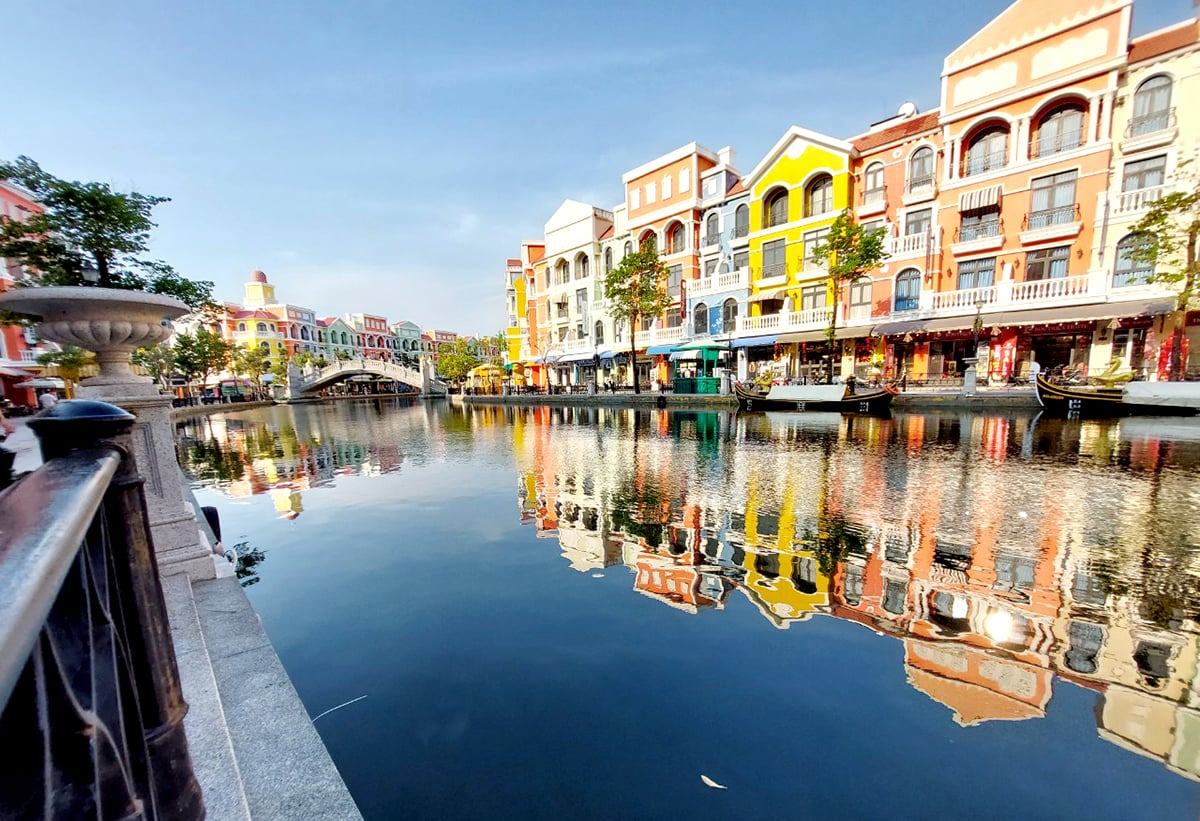
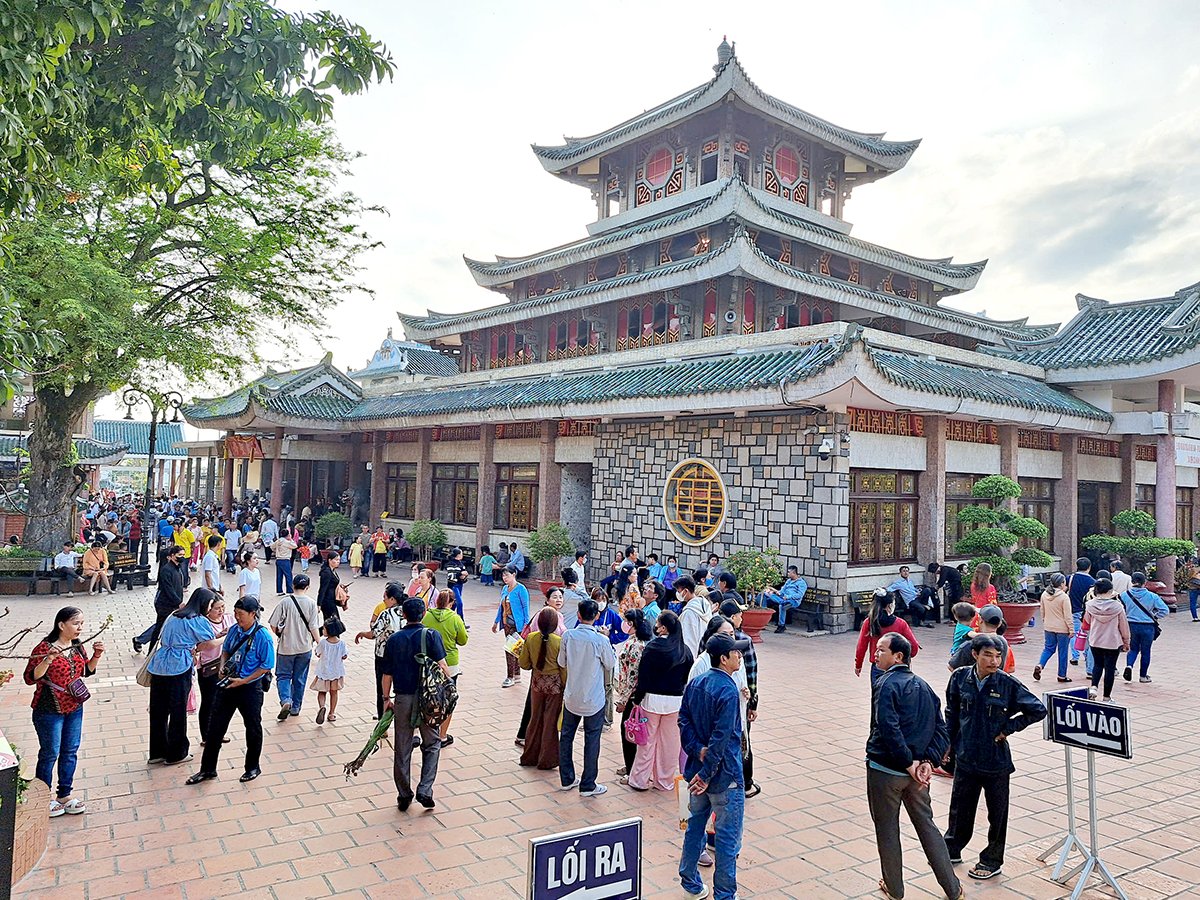






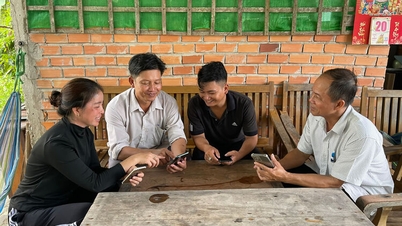
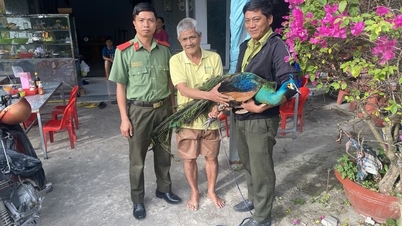





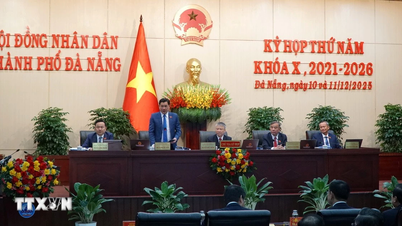

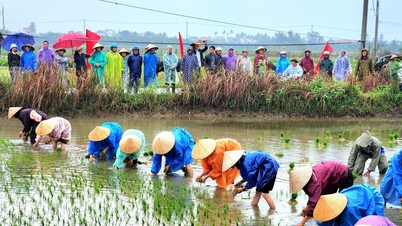

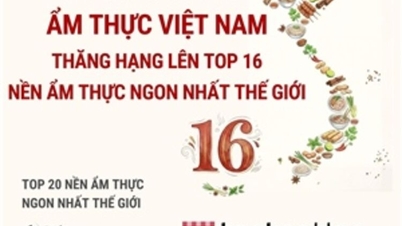
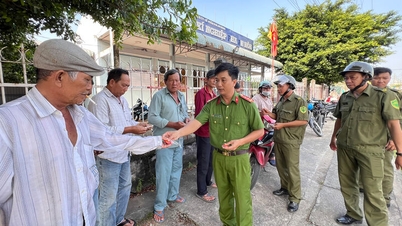
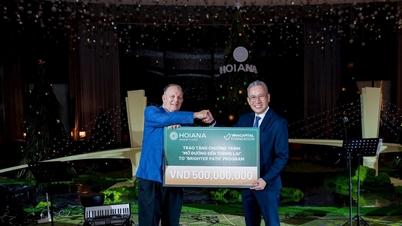
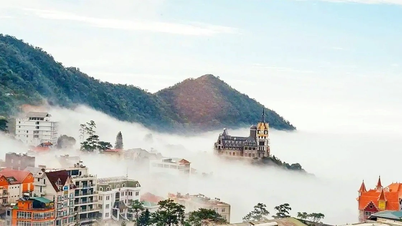

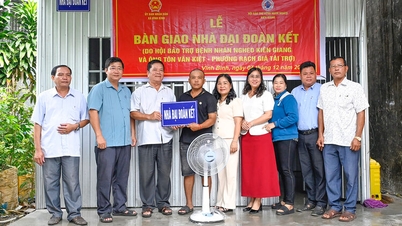




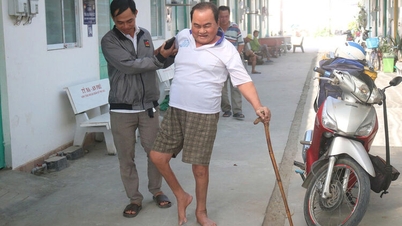
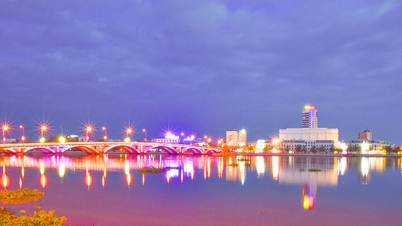
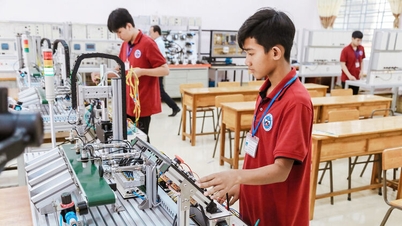
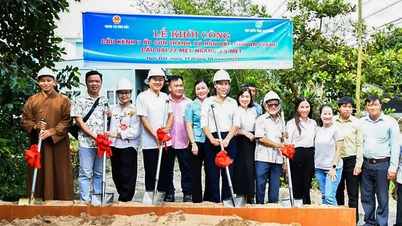
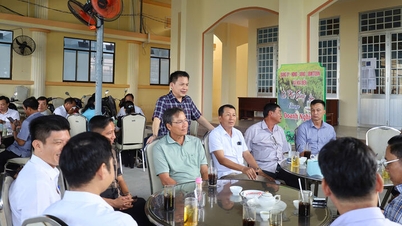
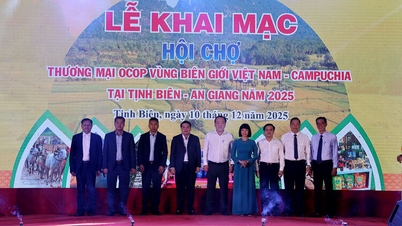
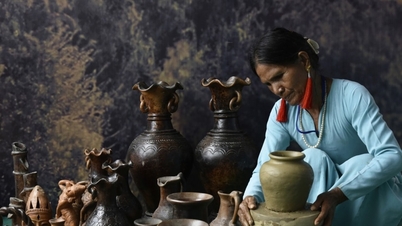

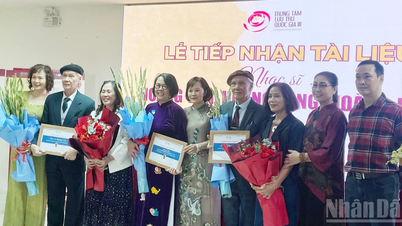






![[Video] The craft of making Dong Ho folk paintings has been inscribed by UNESCO on the List of Crafts in Need of Urgent Safeguarding.](https://vphoto.vietnam.vn/thumb/402x226/vietnam/resource/IMAGE/2025/12/10/1765350246533_tranh-dong-ho-734-jpg.webp)
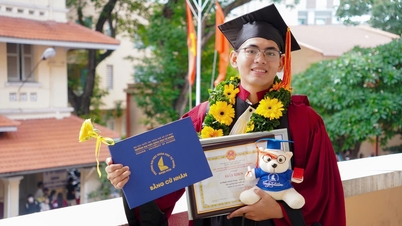

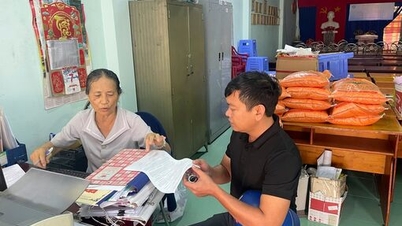

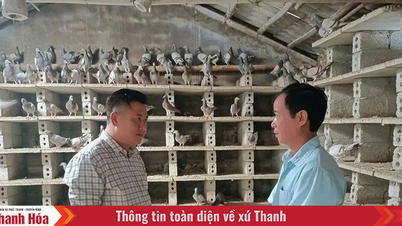



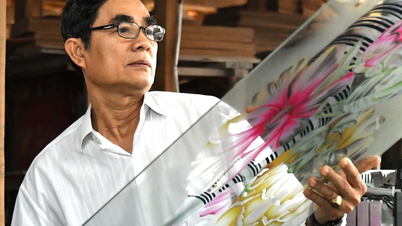

















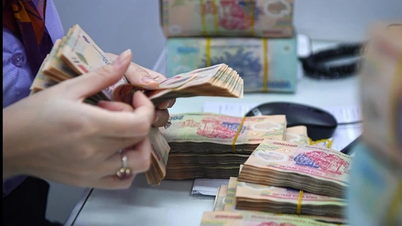







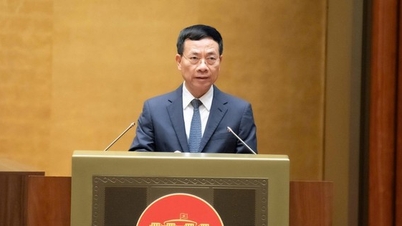




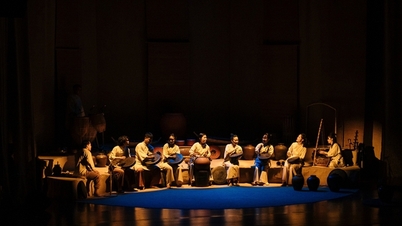
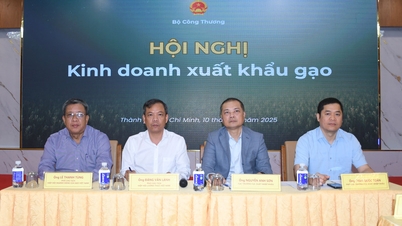


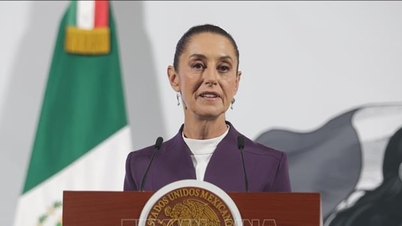

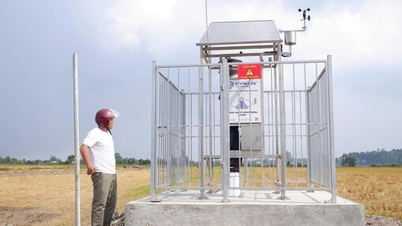
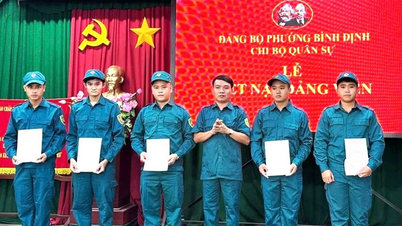


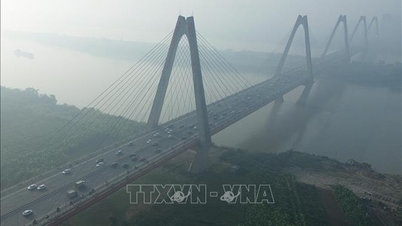





















Comment (0)